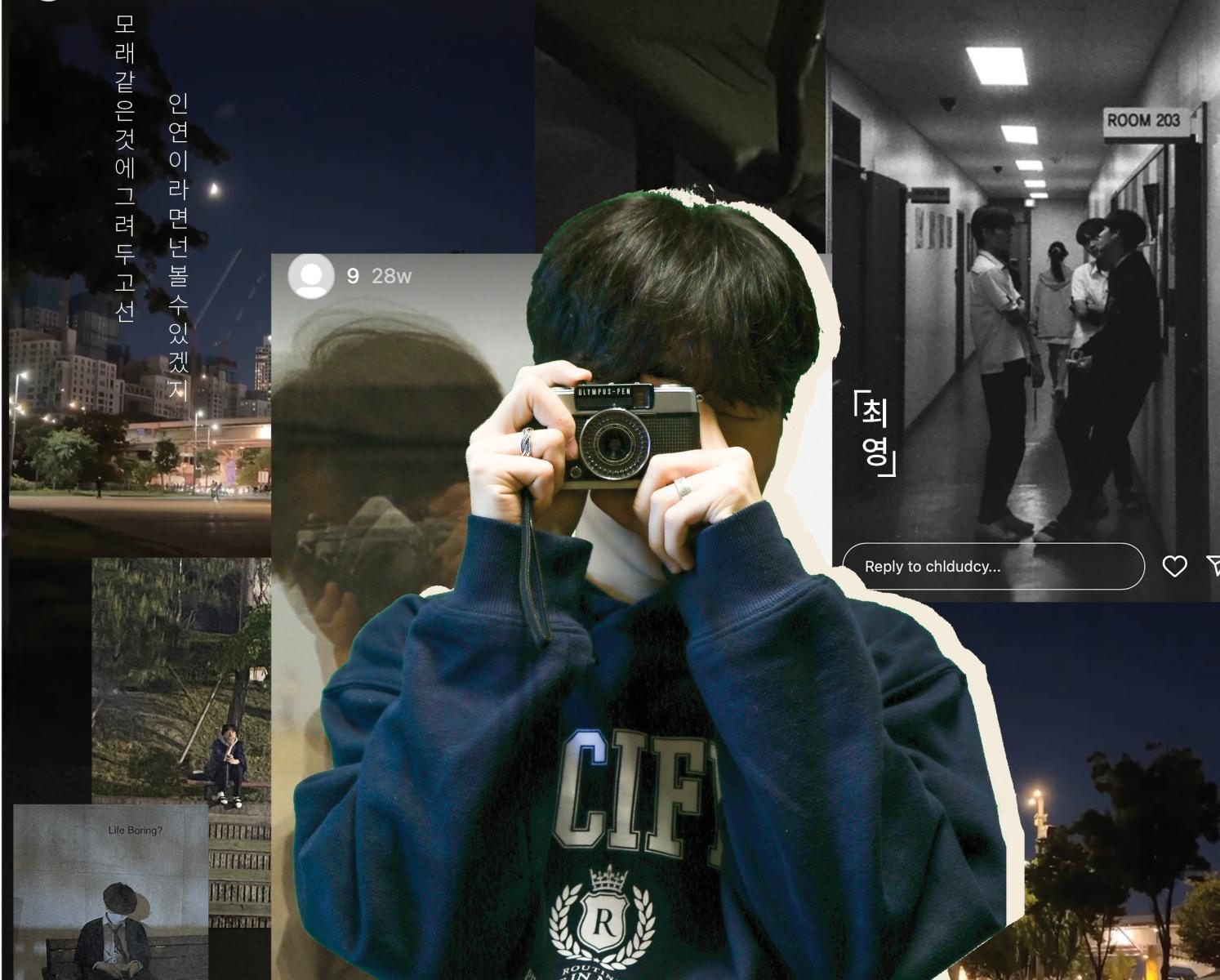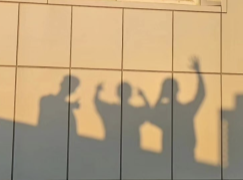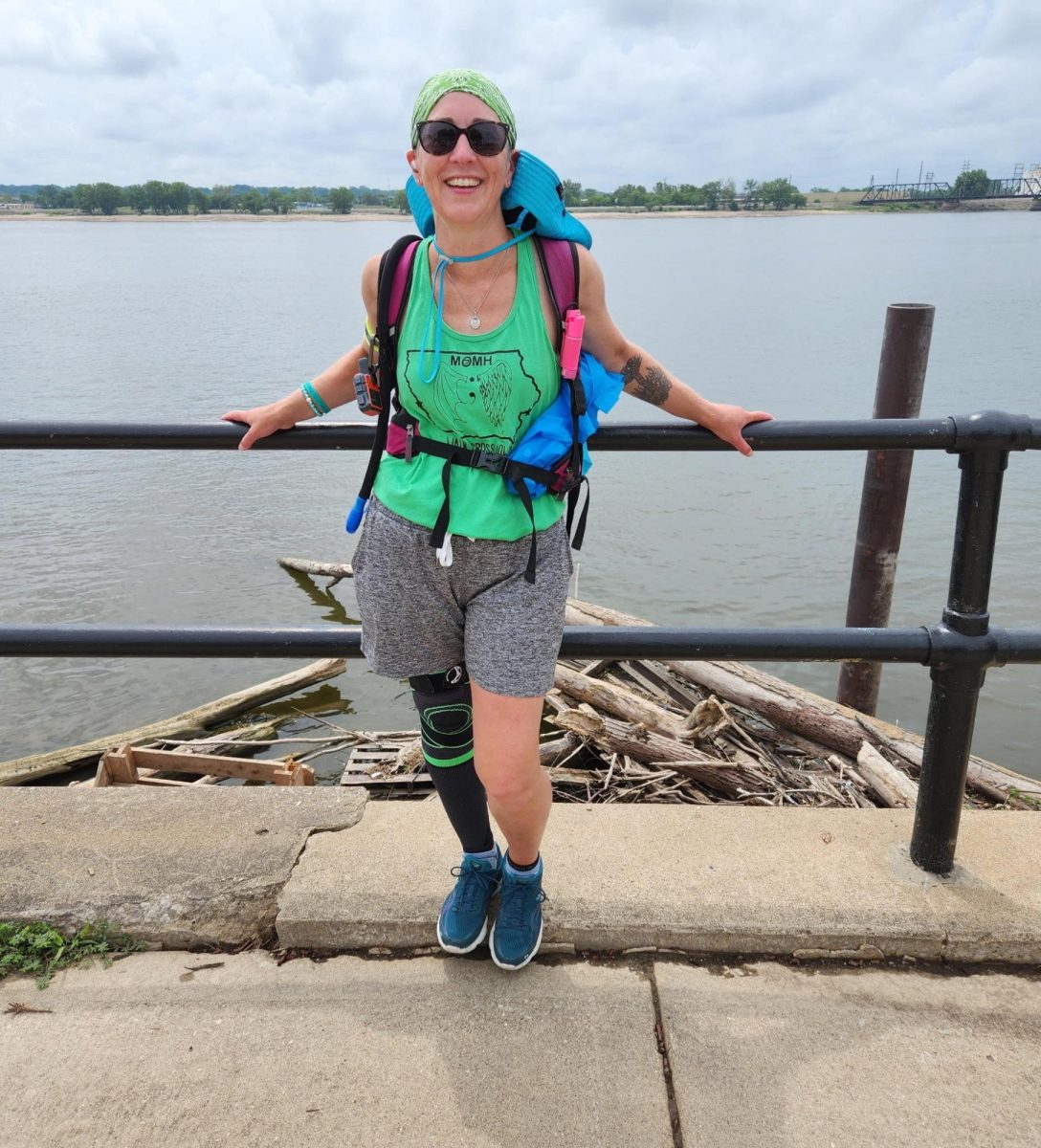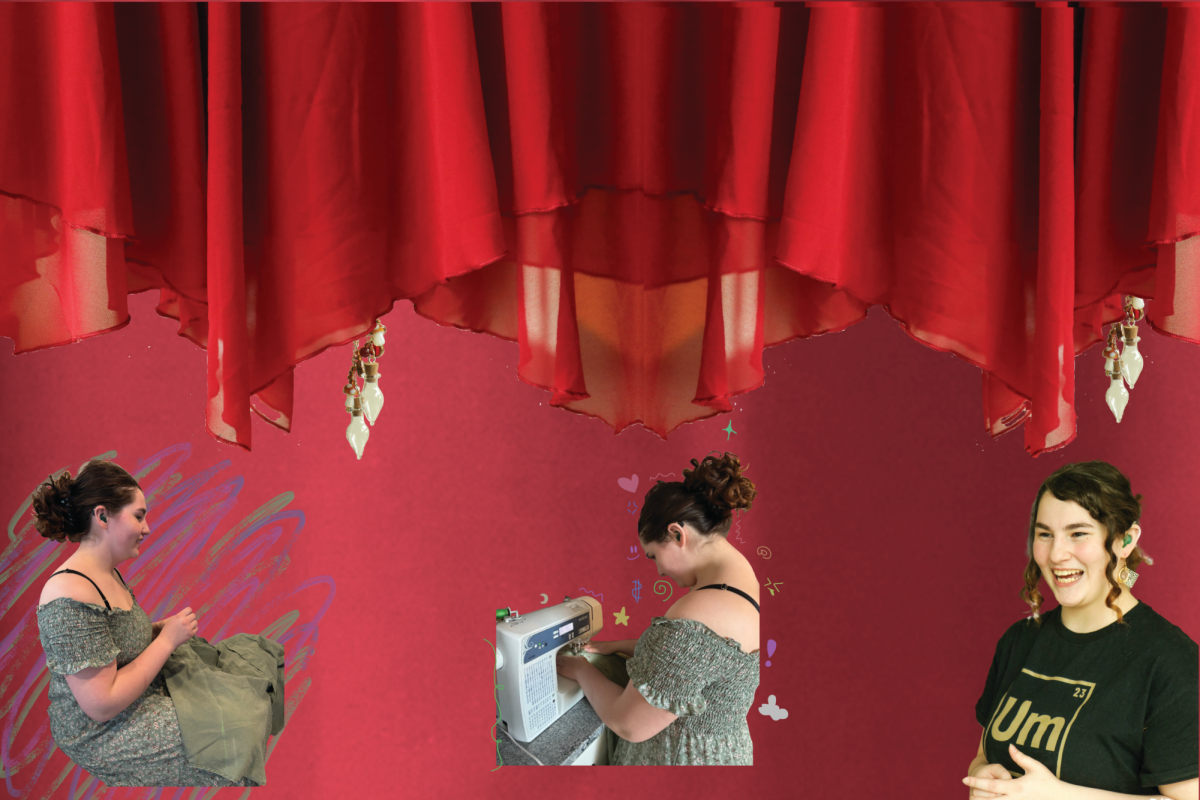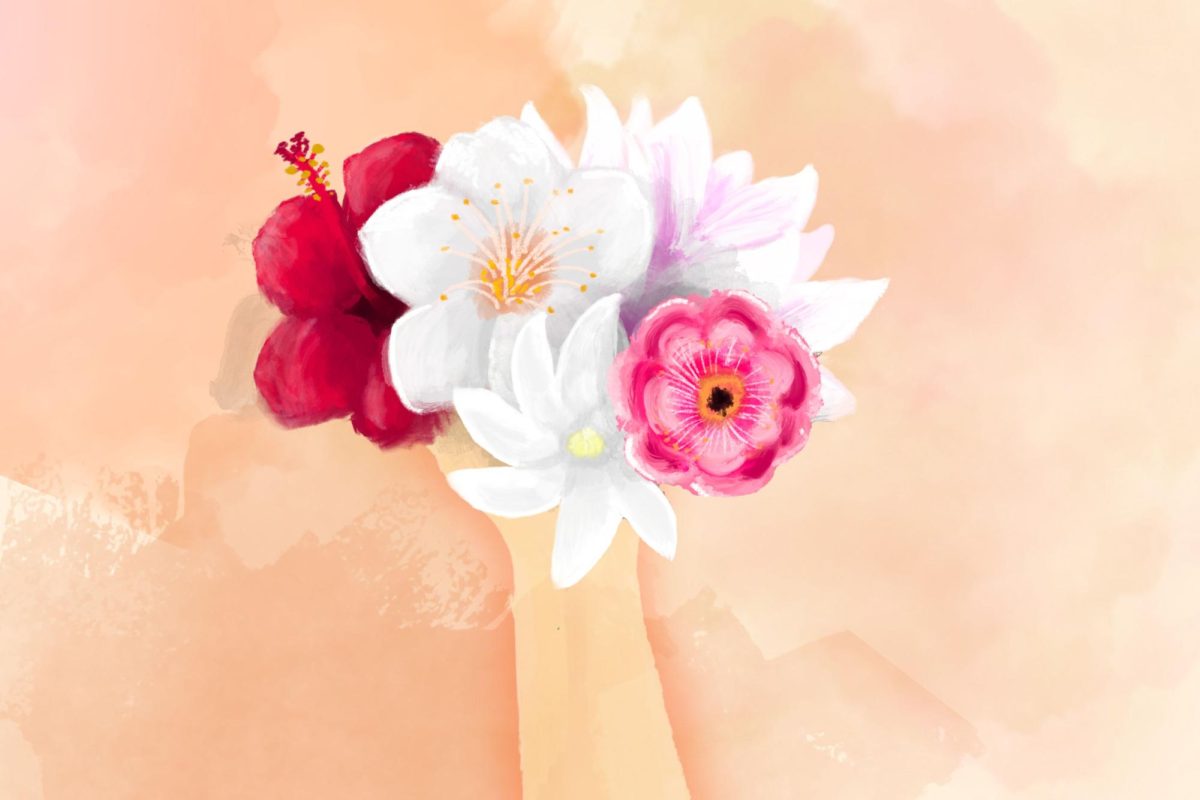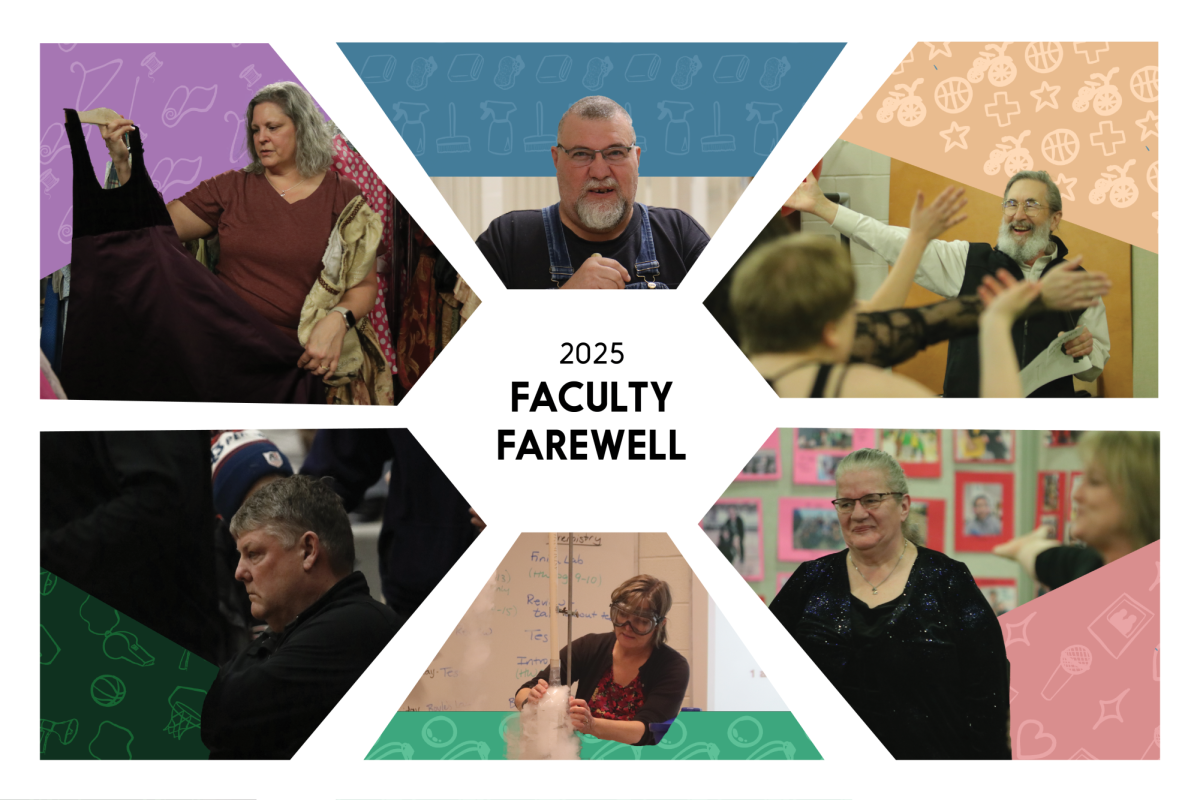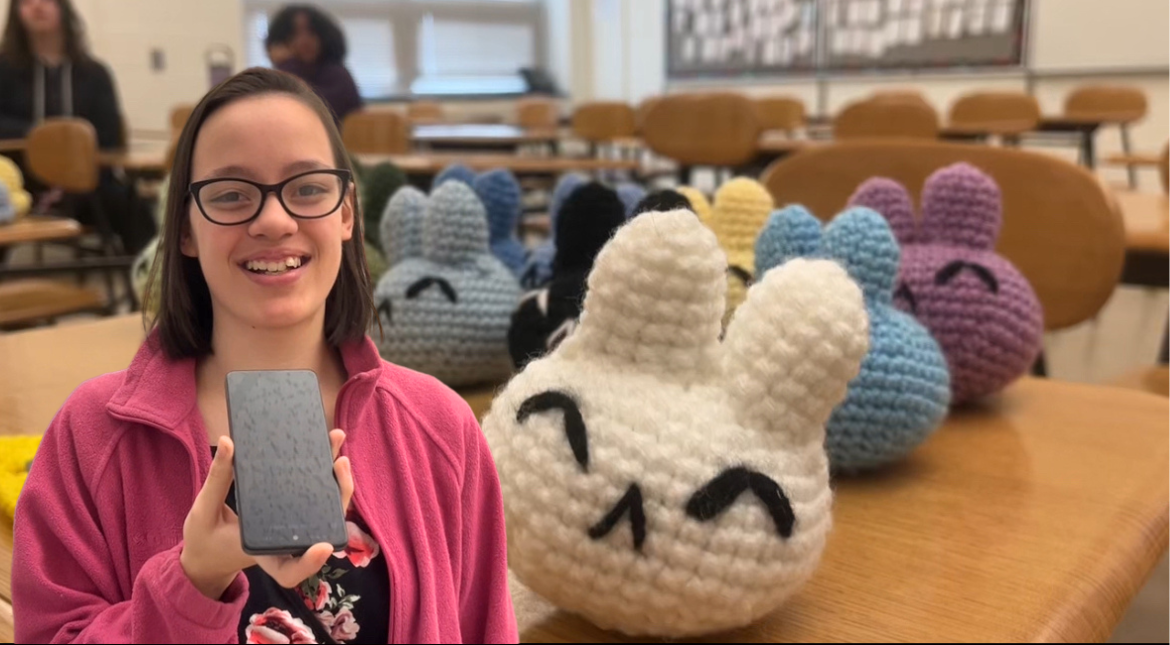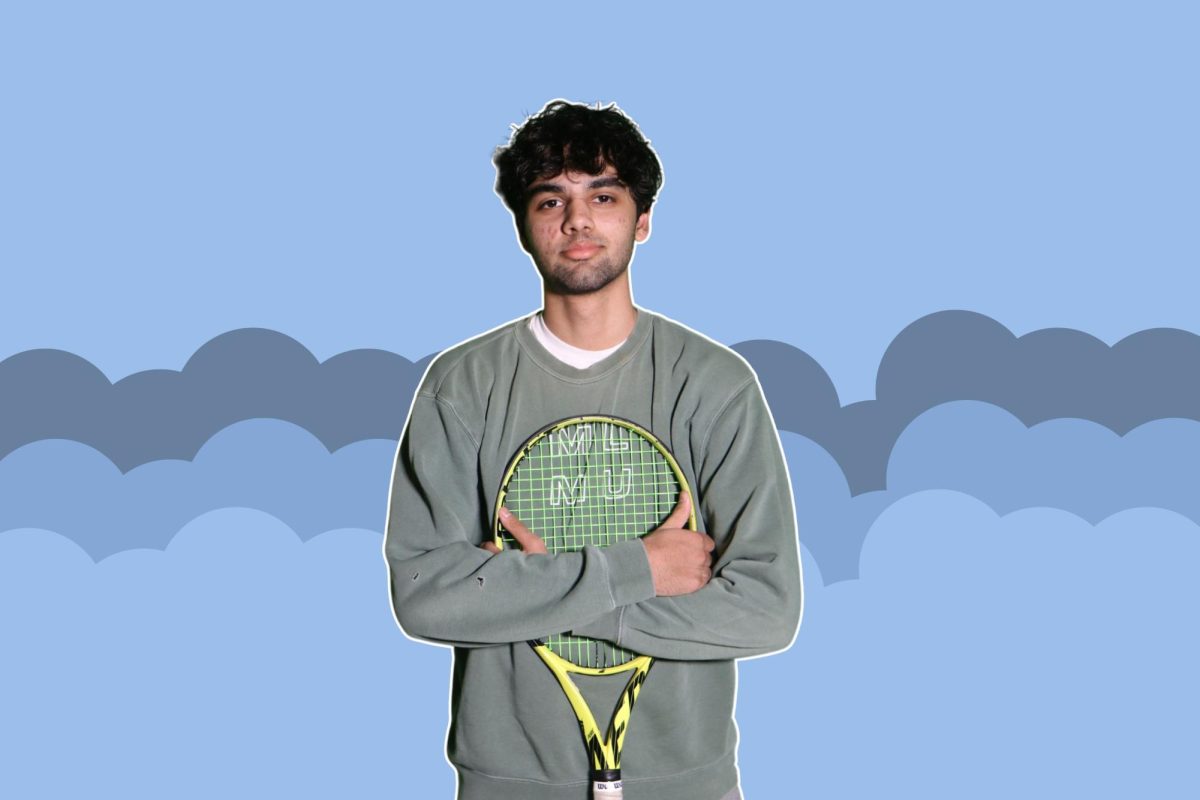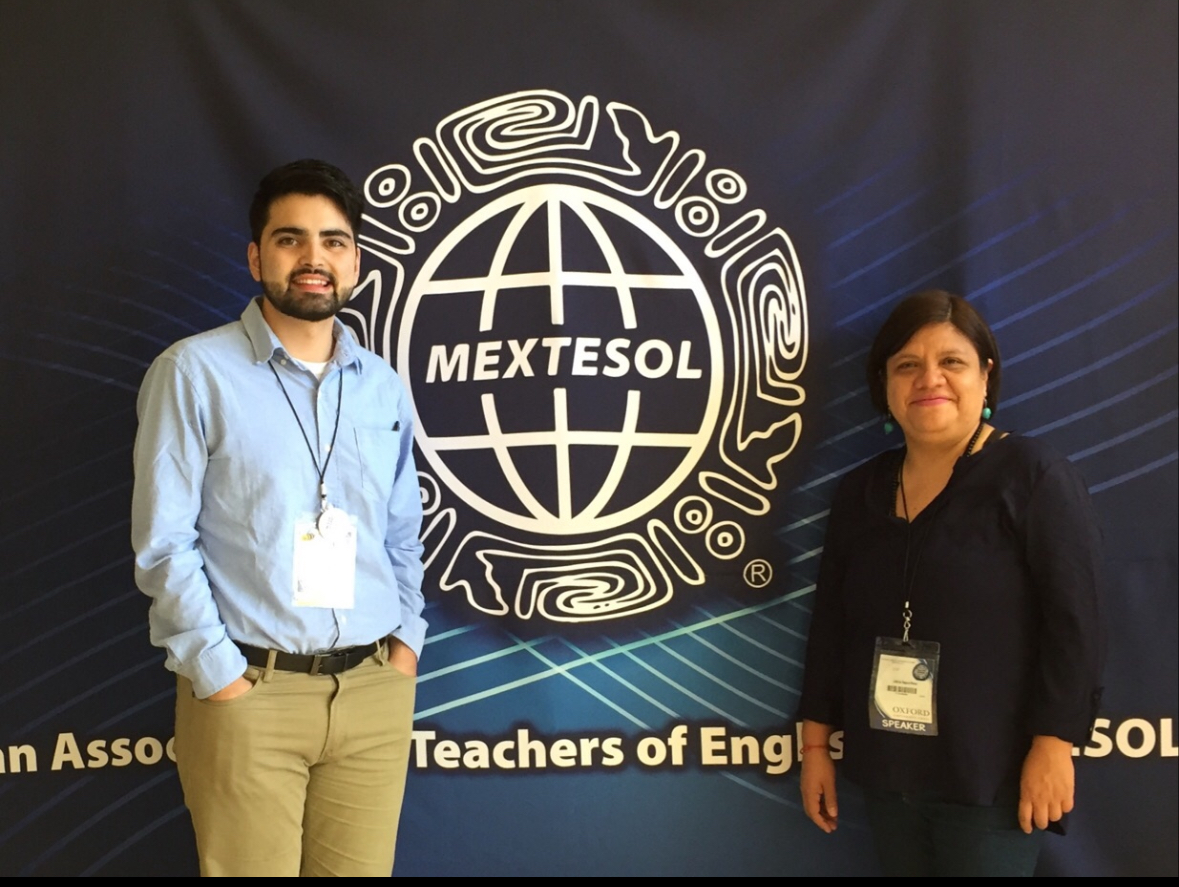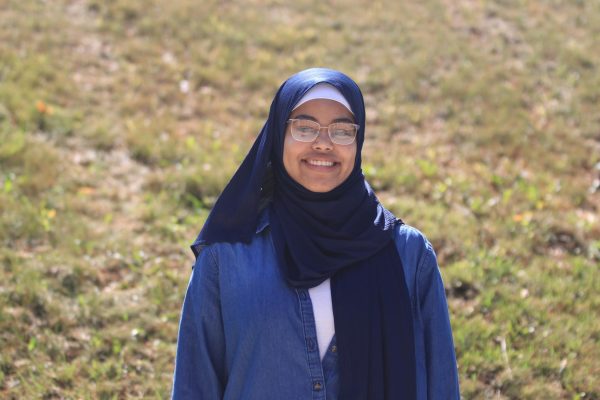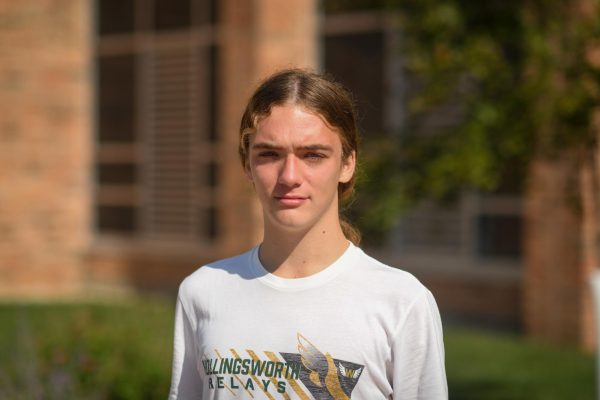The city of Seoul is bustling, and rows of cars line the streets as rambling vendors call out their prices. Billboards with K-Pop idols are in every corner, and students are giggling as they eat tteokbokki in family-run restaurants. Sky-high buildings brush the clouds, and blossoms overtake the wind. However, when Aidan Choi ’25 landed in Iowa, he saw a change of scenery.
“The big differences [between Seoul and Iowa City] are everything so far. There aren’t a lot of tall buildings and entertainment,” Choi said. “Back in Korea, we have this room full of PCs and games, so there are a lot of things for enjoyment and to play around with friends after school, but there aren’t any here.”
Despite this, Choi appreciates the vast amount of educational opportunities presented and the academic flexibility American universities provide.
“I really like the freedom of choosing your major because in Korea, we don’t really get a choice. There are three universities that are good and that’s pretty much it,” Choi said. “I’ve always wanted to go to U.S. universities, and I was preparing for it in Korea. That’s why I moved.”
Choi has spent the majority of his life traveling between the United States and South Korea, and he believes this helped him adapt to the new location.
“I wasn’t really shocked [when I came to Iowa City] because I’ve seen all this stuff when I was in fifth grade,” Choi said. “I was in North Carolina for three years from grade five to eight, and then I went back to Korea for three years, and now I’m here.”
Despite his short time here, Choi has already noticed some interesting differences.
“[Students here] start driving at 14, which is kind of crazy,” Choi said. “They also work, so driving and working at the age of 14 is not something you can do in Korea. You [would] have to be 19 or older to start doing it.”
Choi spent the majority of his life moving and had to part ways with many friends, but social media has allowed him to feel less isolated in Iowa City.
“I keep in contact with them through social media, like Instagram. Their stories allow me to keep track of what they’re doing and how their day has been.”
Although he misses his friends, Choi has formed new connections at West. Cindy Wang ’24 first met Choi during her AP Statistics class, where they became better acquainted.
“He’s definitely shy, as anybody would be moving to a new school, but he’s super positive and really open to making new friends,” Wang said. “He was able to meet [my friend] Ijin Shim ’24 who [is also] Korean, and we were able to bond because each one taught me some Korean. I think that was a really cool way to connect with him, and it reminded him of his hometown.”
Additionally, Wang and Choi are stand partners in West High’s Symphony Strings orchestra, and she believes that it plays an important role in their friendship.
“He brightens up my day in Orchestra,” Wang said. “When I’m having a bad day. He laughs at my jokes, which I know can be really hard, so I appreciate that. He’s always just there for me to be able to say any comments that I want to and he takes them all. I really appreciate his openness and friendliness.”
Before moving to the U.S., Choi’s curriculum consisted of International Baccalaureate (IB) Diploma Program (DP) courses. The IB program allows students to pursue a two-year comprehensive pre-university curriculum, leading to an IB diploma with advanced placement credit. Despite the differences between the IB and the College Board’s AP curriculum, Choi believes the extended educational commitments of the two programs allowed him to supplement his previous schedule with AP courses, including Statistics, Economics and Chemistry.
“[IB and AP courses] are different. We get to have more time throughout the [AP] curriculum, but in the IB, you only get two years of studying.” Choi said. “Also, [community service for the IB program] was really hard to do. I was in a pet shelter, and I’ve done a lot of campaigns and projects about environment stuff.”
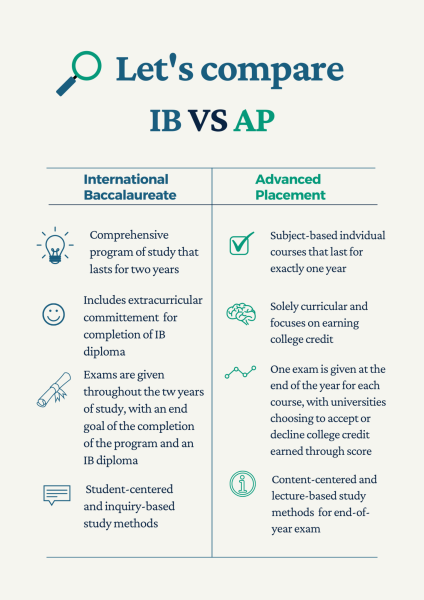
Choi’s efforts are also noticeable to those around him.
“He is challenging himself with a bunch of hard classes, and I admire that too because I’m like, ‘Dang, bro’,” Wang said. “I’m a senior and he’s a junior, and to have him in my stats class was kind of a shock, but it’s also super cool that he gets to meet all these new people by taking all these advanced classes.”
For now, Choi aspires to become a veterinarian, which arose from his frequent volunteering trips at a pet shelter in South Korea.
“I have a lot of good memories [from my time in the pet shelter]. I like animals, and I was struggling with choosing my path. So my parents were like, ‘Well, this job is stable. Great income. You just need to study. Why not [be] a doctor?’,” Choi said. “So I was like, ‘Well, I’ll go for a pet doctor’.”
Alongside his passion for learning, Choi also worked to pursue photography within an academic setting.
“I started [photography] two years ago. I was the most terrible photographer in my whole class. And this one girl told me, ‘You’re the worst.’ So I was like, ‘Okay, I’m gonna start studying photography.’ And that’s how I started. We had this old film camera at my house, so my first film roll turned out really nice,” Choi said.
While photography offers expansive creative possibilities, Choi particularly enjoys capturing candid photos, hoping to capture the moments of everyday life.
“I like to take photos of the natural living style of people. I do take a lot of scenery photos, but I’m more happy when taking pictures during parties or when [my friends and I] are at each other’s houses so I can memorize what’s going on by looking at the photos,” Choi said. “I don’t want to forget the memories we had, and photography is one of the ways to [remember] them permanently.”

